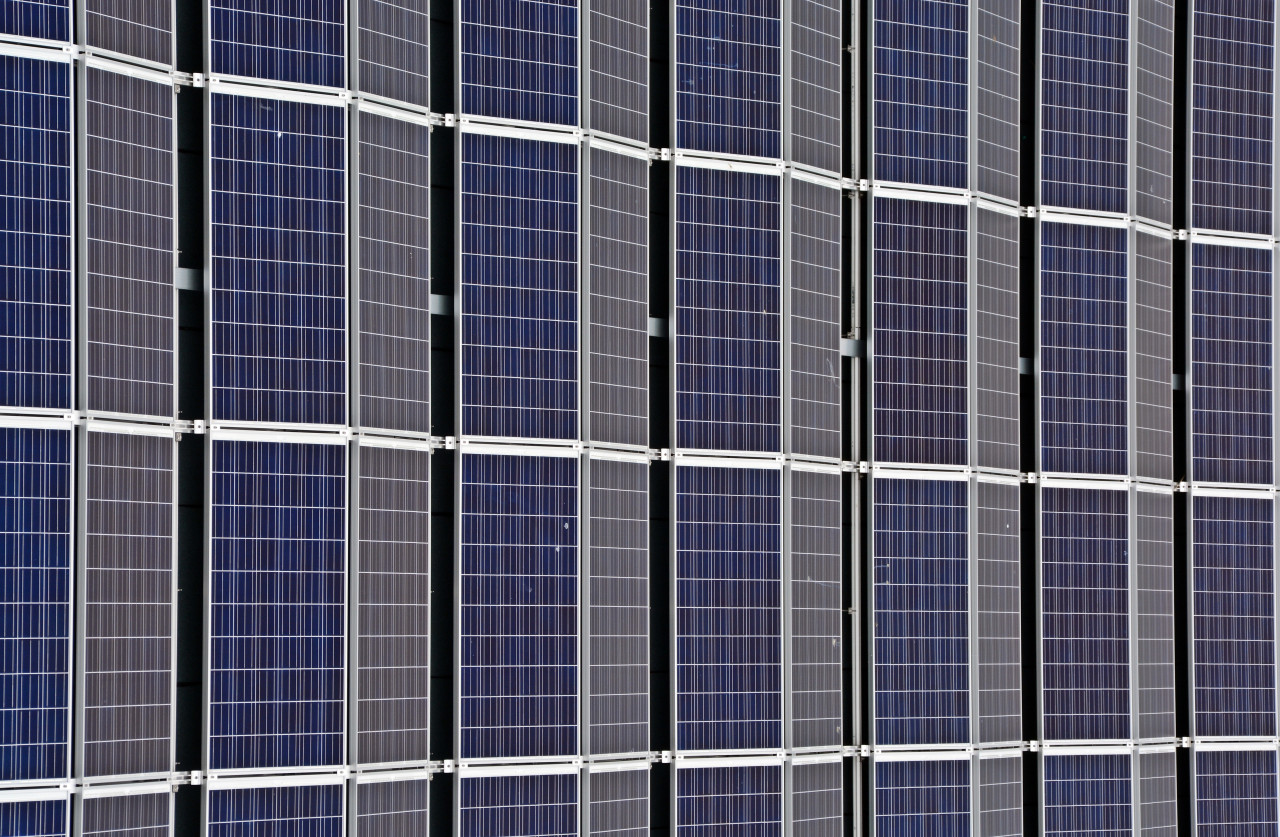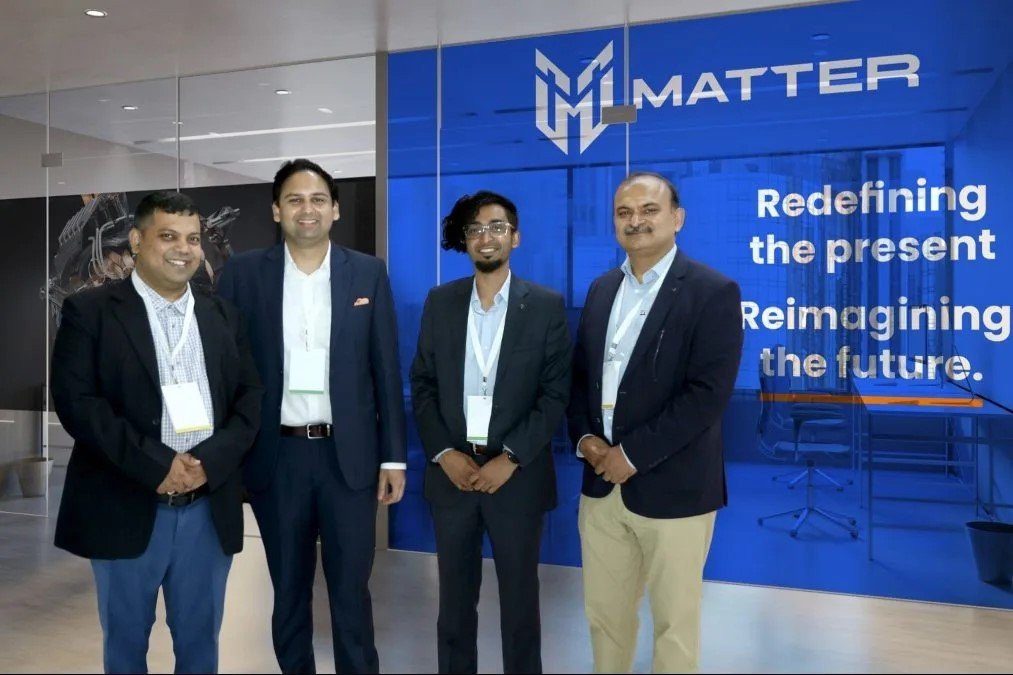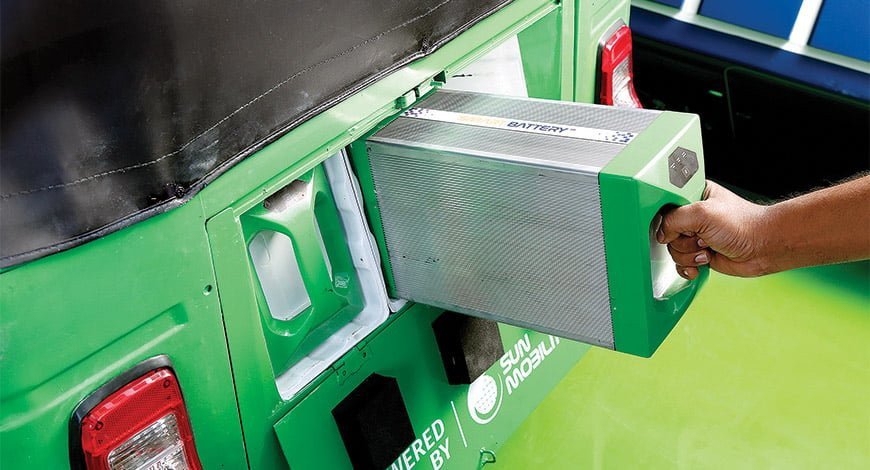US customs detains Indian solar panels for using Chinese raw material sourced through forced labor
US Customs and Border Protection (USCBP), the country's national customs authority, has detained nearly $43 million worth of Indian electronics equipment since October 2023 under a law banning the import of goods made with forced labor, data from the agency shows.
Although USCBP does not specify the type of electronic equipment detained, Reuters reports that all indications point to polysilicon, a raw material in solar panels.
Industry sources told the agency that solar panels have historically accounted for majority of the shipments stopped under the Uyghur Forced Labor Prevention Act (UFLPA), which authorities have invoked for the seizure. Solar panels have reportedly been identified as a high-priority sector under UFLPA.
Under the law, goods made in China's Xinjiang region are banned because authorities are reported to have established labor camps in the province. China has denied claims of abuses in the region.
Reuters reports that the USCBP has stopped $3 billion in electronics shipments under UFLPA in the last two years, making the Indian consignments only a small share of the goods detained. However, nearly a third of the seized Indian electronics shipments were denied, USCBP data shows. By comparison, rejection rates of shipments from component suppliers in Malaysia, Vietnam and Thailand were less than six percent.
Indian electronics shipments hadn't been detained under UFLPA in previous years, data shows. The recent denials are a setback for Indian manufacturers looking to cast themselves as alternatives to Chinese companies.
India's top solar suppliers to the US market are Waaree Technologies and Adani Enterprises.
Waaree did not respond to media requests for comment, but a spokesperson for Adani Enterprises confirmed that some of its shipments had been detained. All of these had subsequently been released, the spokesperson said, adding: "This outcome reaffirms that our [Adani] products imported into the US fully comply with UFLPA regulations."
Tim Brightbill, a trade attorney with Wiley Rein LLP, said, "If the solar cells for Indian panels are coming from China, then there is likely a good reason why detentions of Indian products may be increasing."
"My sense is that US Customs and Border Protection did not realize for a while that many Indian solar panels contained Chinese solar cells, and therefore the UFLPA risks were (and are) high," he added.




















